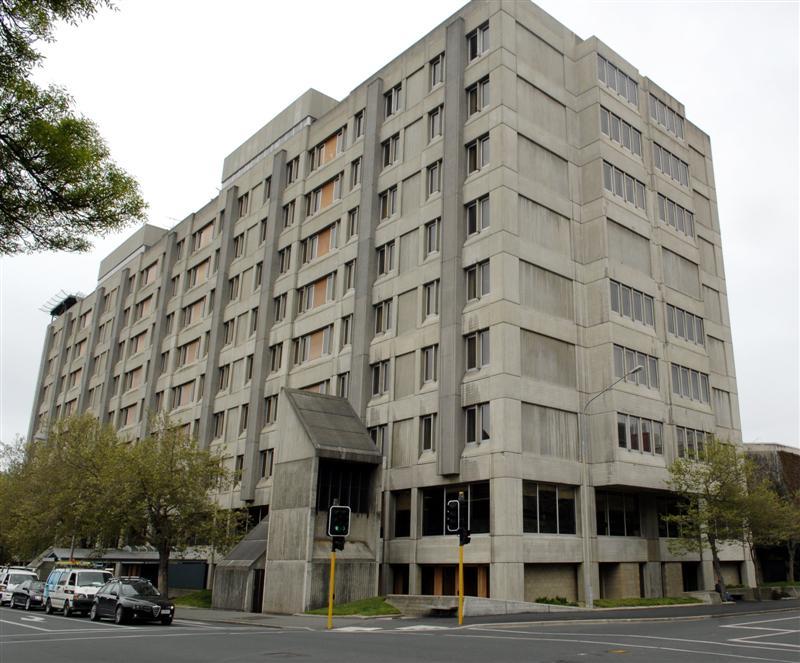
Wendy Fraser died after several oversights and errors in her care after she was admitted suffering from a pulmonary embolism.
The sequence of mistakes culminated in clinicians deciding to monitor her condition and wait to see if she improved.
Soon after Mrs Fraser died.
A scathing report by the health and disability commissioner made adverse comment about several clinicians and severely criticised the SDHB’s processes and procedures.
Health and Disability Commissioner (HDC) Morag McDowell also took the uncommon step of referring her report to the director of proceedings — an independent legal professional who can opt to take a case further if there is public interest to do so.
‘‘While I acknowledge the considerable improvements the SDHB has made in response to this complaint, I consider that there is a high public interest in holding the SDHB accountable for having severely departed from the accepted standard of care in the services it provided to Mrs [Fraser],’’ Ms McDowell said.
This week, the office of the commissioner confirmed that the director of proceedings had decided to take unspecified further action following the referral.
The director has no power to award compensation, but can issue proceedings against a healthcare provider at the Health Practitioners Disciplinary Tribunal (HPDT) and/or the Human Rights Review Tribunal (HRRT).
If the HPDT finds a case against a practitioner or provider proven, it can censure or fine them and cancel or suspend registration, or impose conditions on them.
The HRRT has a range of remedies available to it, and can rarely award compensatory or exemplary damages.
Te Whatu Ora Southern quality and clinical governance solutions executive director Hywel Lloyd said there was little he could say about the case.
‘‘We clearly did not handle that case well and we have taken learnings from that.’’
When the HDC finding was announced, the SDHB’s then acting chief medical officer, John Eastwood, said the board acknowledged it had fallen short in its care of Mrs Fraser and extended its deepest sympathies to her family.
‘‘We have met with, and are very grateful to, the family members who raised this complaint with the HDC,’’ Dr Eastwood said.
‘‘We have heard their call for us to implement change which is effective, long-lasting and meaningful.’’
Tania Henwood, Mrs Fraser’s daughter, accepted that the case could be taken but wondered what was to be gained by going through the process.
‘‘We lost Mum, and are very aware that she did not get the care she needed.
‘‘All that I can hope for is that the health system and people within it recognise its faults and take steps to make sure this never happens again.
‘‘The recognition of its failure by the director of proceedings and the public holds the system to account to do better, and I really hope it sits up and listens,’’ she said.
Mrs Henwood and her family are about to walk the length of New Zealand to raise awareness of Korero Mai, a programme to involve families in caring for loved ones in hospital and ensure clinicians pay heed to any concerns they have.
‘‘Mum's 17 hours in Dunedin Hospital has been described as the ultimate Swiss cheese.
‘‘She fell through the holes in a place where people and the system were meant to do all that they could to try and save her.
‘‘We were completely dependent on them; where else could we go?,’’ Mrs Henwood said.
mike.houlahan.co.nz












